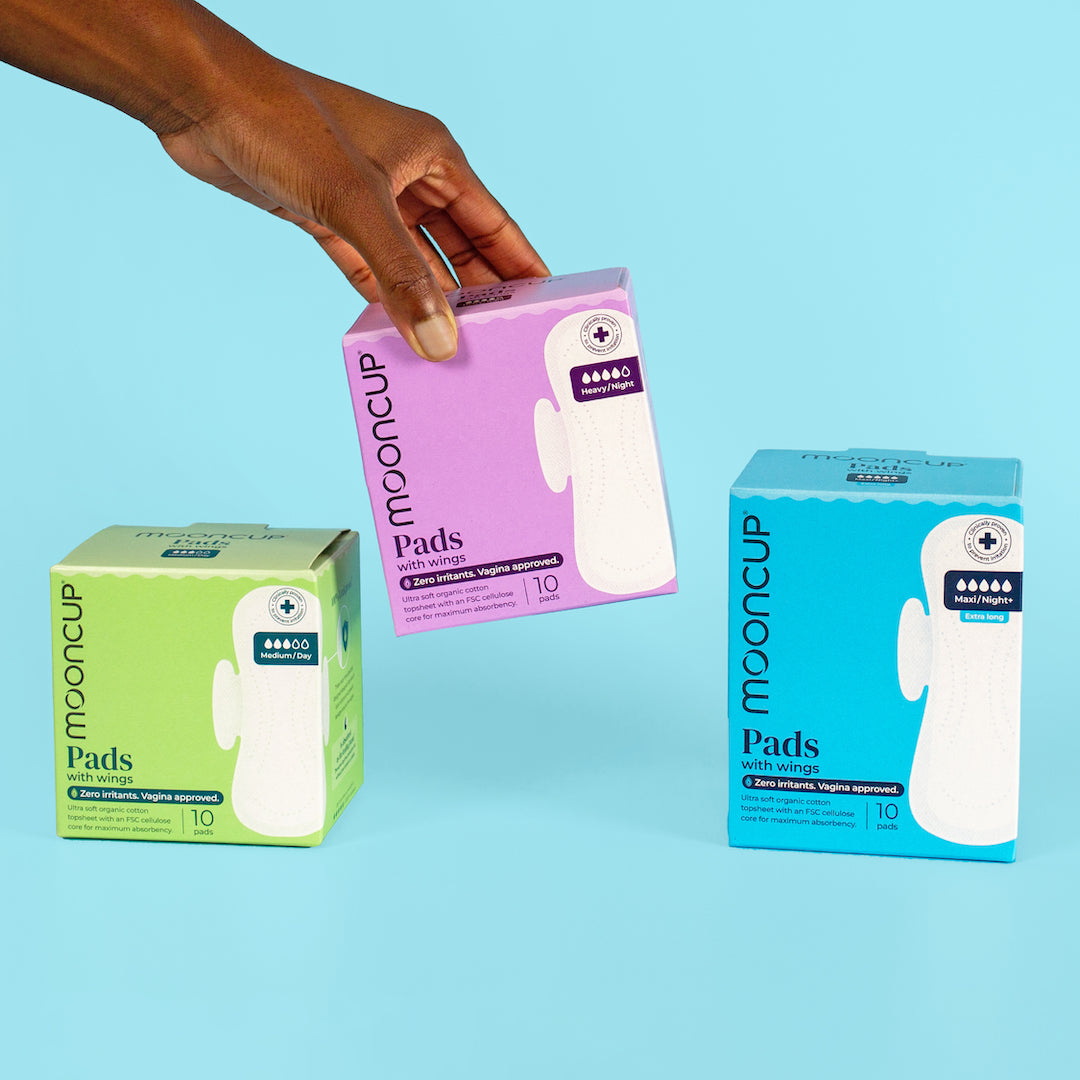If you’re looking for a one-stop shop for all things bacterial vaginosis you’re in the right place. In this blog, we’ll cover everything you need to know about the infection - from what causes it and why it happens to how to treat bacterial vaginosis.
What is bacterial vaginosis?
Also known as BV, bacterial vaginosis is a common vaginal infection that happens when the normal bacteria that live in your vagina overgrow and cause a bacterial imbalance.
The exact cause of BV is not fully understood, but it is thought to be related to factors such as sexual activity, douching, hormonal changes, and antibiotic use. You can’t get BV from toilet seats, swimming pools or jacuzzis.
What are symptoms of bacterial vaginosis?
Symptoms of BV can vary however, the most common are:
- Thin, grey, white, or greenish vaginal discharge (check out our guide to vaginal discharge colours for more info!)
- A foul or fishy odour from the vagina, especially after sex
- Itching or irritation in and around the vaginal area
- Burning sensation during urination
- Vaginal bleeding (rare)
Remember, some people with BV may not experience symptoms at all and some are similar to other vaginal infections like thrush or a sexually transmitted infection. Always seek advice from a healthcare provider for accurate diagnosis and treatment.
How to treat bacterial vaginosis
BV can be diagnosed through a physical exam and testing of a vaginal sample. Treatment typically involves antibiotics, either taken orally or applied topically. While BV is not usually serious, it can increase the risk of other complications such as preterm birth or pelvic inflammatory disease if left untreated.
Does bacterial vaginosis go away on its own?
In some cases, BV may go away on its own, however many find that the infection requires treatment to fully resolve.
Without treatment, bacterial vaginosis can persist and even worsen, leading to potentially serious complications such as pelvic inflammatory disease, increased risk of sexually transmitted infection and an increased risk of preterm delivery or low birth weight in pregnant women.
It’s always important to seek medical advice if you suspect you’re suffering from any infection, even if your symptoms improve or go away on their own. A healthcare professional can properly diagnose & treat the infection and provide guidance on preventing recurring infections.
How to prevent BV
As the main cause of bacterial vaginosis is not fully understood, but the best way to prevent the infection is to steer clear of anything that may upset your vagina’s delicate balance.
Here’s a few ways you can avoid BV:
- Practise good hygiene: Keeping the genital area clean and dry can help prevent BV. Avoid using harsh soaps or douches as they can disrupt the natural balance of bacteria in the vagina.
- Avoid using scented products: Scented products like perfumes, lotions, and tampons can irritate the vagina and cause an overgrowth of bacteria.
- Wear organic cotton underwear: Organic cotton is a breathable material that helps keep the genital area dry. Avoid wearing tight-fitting clothes or synthetic materials that trap moisture.
- Practise safe sex: Whilst BV is not classed as an STI because it can occur without having sex, it's important to use condoms to help prevent the spread of sexually transmitted infections that can lead to BV.
- Avoid smoking: Smoking can disrupt the natural balance of bacteria in the vagina, so quitting smoking can help prevent BV.
- Maintain a healthy diet: Eating a balanced diet can help boost your immune system and prevent infections like BV.
- Swap to Mooncup period care: it's made with organic cotton, so it's naturally breathable, hypoallergenic & gentle, it'll help prevent infections and ensure you're comfortable throughout your period.
Bacterial vaginosis vs thrush: are they the same?
No, BV is different from thrush, however the symptoms are similar so the two are easily confused.
Is bacterial vaginosis an STI?
No, BV is not a sexually transmitted infection, but having sex with a new partner or multiple partners can increase the risk of triggering BV.
You’re more likely to get an STI if you have bacterial vaginosis, this may be because BV can make your vagina less acidic and reduce your natural defences against infections.
Can you have sex with bacterial vaginosis?
Bacterial vaginosis is not a sexually transmitted infection, so you don’t need to avoid having sex. However, you may be experiencing some discomfort during an infection so you may not want to have sex. Some people also find that an infection clears up quicker when they avoid sex.
It’s also worth noting that some antibiotics & creams can affect condoms and other types of contraception, so speak to your doctor about your options whilst treating BV.
Blog disclaimer
Our blog is intended to share information and ideas around periods, health, and sustainability. While we do our best to keep content accurate and up to date, things can change over time. The information here is not intended as medical advice — for any health-related concerns, please consult a qualified healthcare professional. For more information on our claims, please see our Claims Page, and for the most up-to-date product information, please visit our Product Pages.





